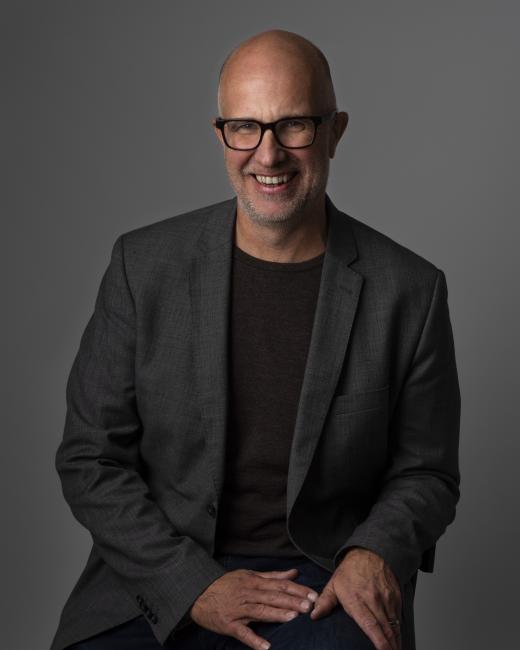Martin Stolare, professor of History
”I think it’s important to be aware of the possibilities as well as limitations of place when analysing historical processes.”

Martin Stolare was interested in history early in life and on leaving school decided to become a history teacher. He completed his teacher education degree with a major in history at the former Karlstad University College, and was then admitted to doctoral studies in history at the University of Gothenburg, while also engaged as a history lecturer in Karlstad. In 2003 he was appointed senior lecturer at Karlstad University.
Although he has been active in several scholarly areas of history, he presently primarily pursues history education research.
”My doctoral thesis centred on a number of movements critical of the society they saw emerging in Sweden at the beginning of the 20th Century. These movements can be described as a type of early environmental movements. Then I turned to history of education, mainly focusing on the role of non-formal education in society. The phenomenon of local studies holds a special interest for me. I think it’s important to be aware of the possibilities as well as limitations of place when analysing historical processes. In recent years I have taken an interest in the field of history education, which seemed logical since I educate future teachers and have teaching qualifications. My approach to history education research is practice-based involving collaborating with school teachers to develop instruction with a view to strengthen students’ learning processes. In my future projects I have the ambition to combine basic research in history and applied history education.
In 2014–2017, Martin Stolare was a research leader at the Centre for Social Science Education, CSD, 2014–2017 and currently he is on the management team for Research on Subject-Specific Education, ROSE, one of the designated strong research groups at Karlstad University, which involves close collaboration with education researchers from other subjects.
”The idea of change has always been of interest to me, how change is achieved, for instance. I’ve studied this from an outside perspective regarding how social movements work to achieve change, and from the inside as a history education researcher by contributing to developing instruction so that students learn more when the schedule indicates history or social study subjects. Then I’m part of the actual change process, which comes with certain demands on the researcher.”
Martin Stolare lives in beautiful Molkom with his wife Kristina and their children Åke, Edvin och Einar. When he is not driving the children to various activities such as football, floorball and other engagements, he is forever renovating their old wooden house.

